Expertises
International
sharing
Our team brings a unique blend of experience, knowledge and skills gained from 35 years of grassroot project implementation and fieldwork in the healthcare sector
The result: know-how and experience that benefits communities worldwide
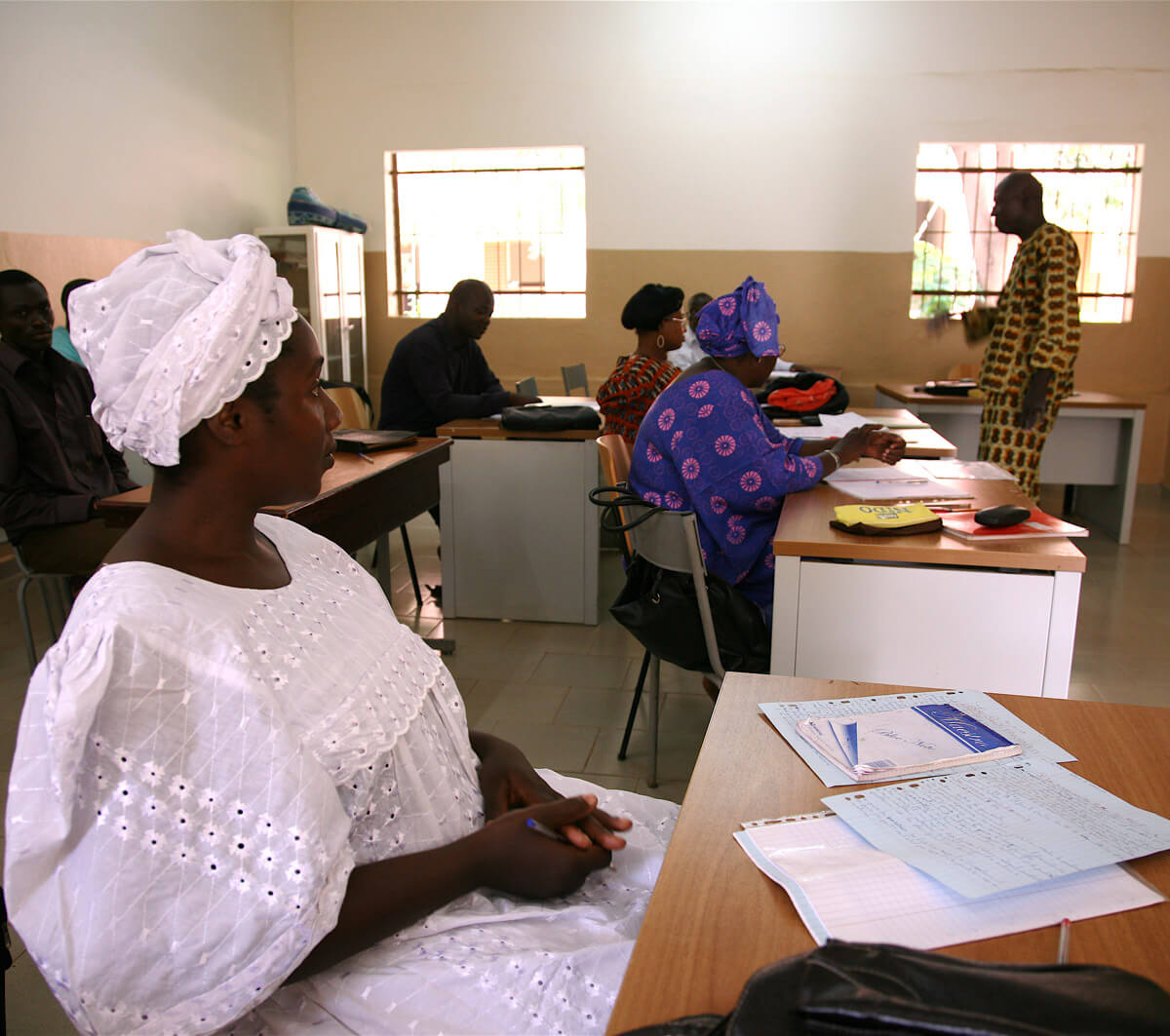
Essential
healthcare
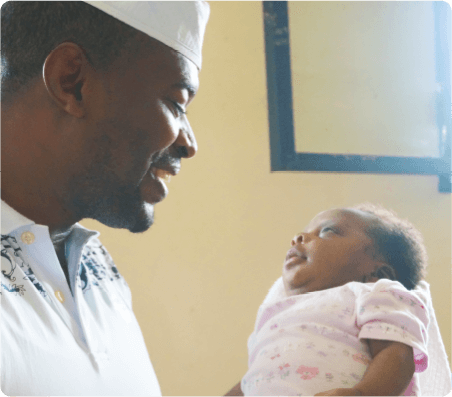
- Better accessibility to quality front-line services, adapted to individual and community needs, with particular emphasis on sexual and reproductive health services.
- Promotion of the use of curative and preventive health services
- Capacity building among health personnel (clinical, management and advocacy domains)
- Improvement of multi-level health governance and support for the decentralization of services
- Support for the procurement of medical and non-medical equipment
- Involvement of communities, including women's groups, in the planning, implementation and monitoring of community activities and initiatives.
Results
Out of 18 completed projects:
-
3,300 people
trained -
190 health centres
and 13 hospitals supported
(some of which were built or renovated) -
14 training programs
developed and implemented
These endeavours have a positive impact on the health of women, children and adolescents, particularly through the availability and promotion of family planning services, prenatal consults, assisted childbirth, STI screening and management, malaria prevention, immunization and other essential services.
Epidemiological
surveillance (ES)
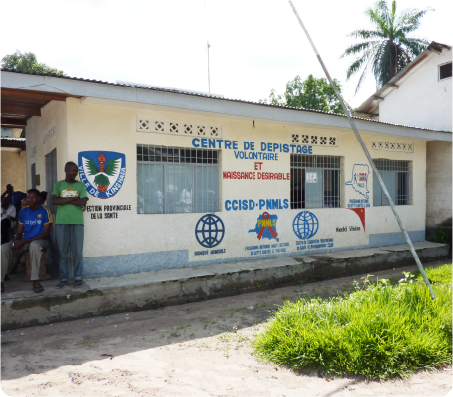
- Support for the decentralization of national surveillance systems
- Training for key personnel at all levels of the healthcare system in intervention epidemiology, particularly those at the community level
- Support to foster collaboration with laboratories and health sectors associated with the One Health approach in order to increase the effectiveness of surveillance efforts
- Support for the institutionalization of training in national public health schools with an eye to ensuring sustainability
- Support for healthcare security (and at the same time, a contribution to the countries' obligations)
Results
Out of 7 completed projects,
including 6 across multiple countries:
-
1,243 people trained in intervention epidemiology -
Experience in 16 West African countries -
500 health districts where surveillance capacity has been strengthened
The number of people who have benefited from our support to date is enormous, even incalculable, because of the preventive nature of these projects
HIV Response
Efforts
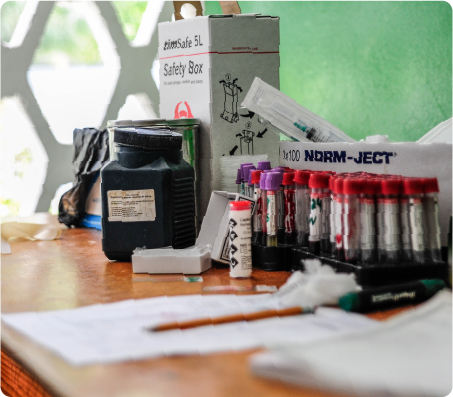
- Supporting the governance of public health systems by considering the global context, essential drug distribution networks, and the main transmission mechanisms of STIs and HIV
- Simplifying prevention
- Managing STIs and HIV by healthcare providers and high-risk groups
- Raising awareness among targeted groups by enabling them to actively participate in the promotion of lower-risk behaviours
- Recognizing and adapting to the realities of gender inequalities in the dynamics of STI and HIV transmission and risk exposure
- Preventing the stigmatization of people living with HIV through reflections on masculinity and vulnerability related to inequalities
Results
Out of 10 projects,
including 5 multi-country projects:
-
15,300 people
trained -
Support in 10 sub-Saharan African countries and Haiti -
400 health structures supported -
633,740 STI cases handled -
Over 5 million condoms sold or distributed -
4,104,330 people reached through awareness and prevention activities
Gender equality
and human rights
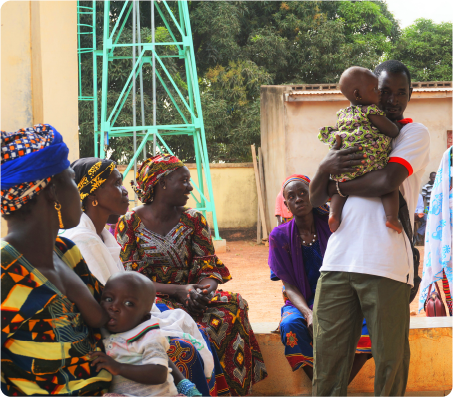
- Improved access to sexual and reproductive health services and primary health care tailored to the needs of women and children
- Improved, non-discriminatory patient intake
- Increased confidentiality in health services
- Addressing the specific needs of women and adolescents
- Access to condoms and family planning inputs
- Service and care protocols for sexual and gender-based violence
Results
For all completed projects:
-
Strengthening women’s individual and collective capabilities, and their active participation in decision-making spaces -
Promotion of health services that meet the specific needs of women, while respecting their rights -
Raising awareness among men and the entire community on the importance of women’s rights
